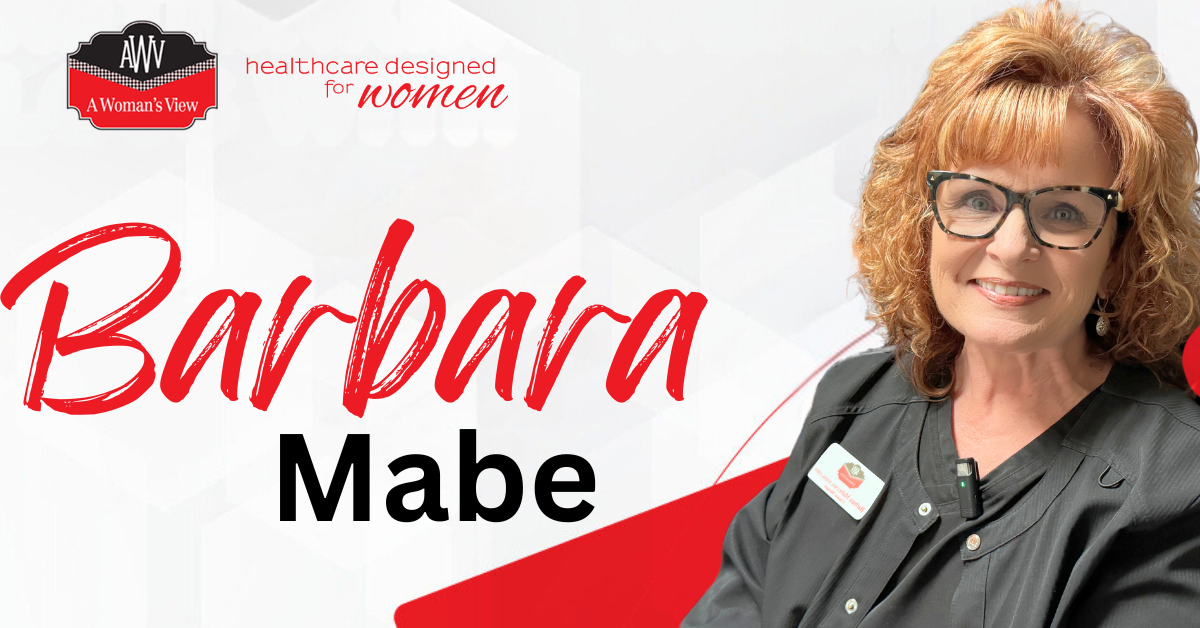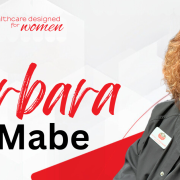Understanding and Managing Urinary Incontinence: Insights from Barbara Mabe

Hello, I’m Barbara Mabe, one of the clinical managers here at A Woman’s View, and I’m excited to share some essential information on managing urinary incontinence. As one of the clinical managers here, I oversee various diagnostic tests and treatments, particularly for urinary health issues. I frequently encounter women who believe they simply have to endure their urinary symptoms, but I’m here to tell you that we have the resources to help.
Potassium Sensitivity Test
One common test we offer is the potassium sensitivity test, which is used to diagnose a condition known as interstitial cystitis (IC). IC can cause severe pelvic pain, leading many women to seek emergency care due to misdiagnosis. Recognizing and diagnosing IC can be pivotal, and once identified, we can treat it through bladder instillations. This treatment involves placing medication directly into the bladder to calm and heal it. Along with specific dietary modifications, this approach can help alleviate symptoms significantly.
Urodynamics
Another diagnostic tool we utilize is urodynamics. This test is essential for those experiencing urinary incontinence, and it may also be indicative of a need for surgical intervention based on the findings. Urodynamics provide critical insights into how your bladder and urethra are functioning.
Pelvic Floor Stimulation Therapy
For those suffering from urge and stress incontinence, we have had notable success with pelvic floor stimulation therapy. This therapy involves placing a probe into the pelvic floor, which is then connected to a stimulator. The electrical stimulation helps strengthen the pelvic floor muscles, providing relief from incontinence symptoms.
Percutaneous Tibial Nerve Stimulation (PTNS)
We also offer percutaneous tibial nerve stimulation (PTNS), which is particularly effective for overactive bladder symptoms such as urgency and frequency. This treatment involves inserting a small acupuncture needle above the ankle, which is connected to a stimulator. Most women do not feel the needle, and it helps to calm the bladder significantly, reducing the symptoms.
Takeaway
As you can see, there is a wide array of tests and treatments available, ensuring that you don’t have to live with uncomfortable urinary symptoms. If you, or someone you know, is dealing with such issues, please don’t hesitate to come see us. We are dedicated to improving your quality of life through effective and personalized urinary care solutions.
Your comfort and health are our top priorities, and we look forward to offering you the help and relief you deserve. If you would like to make an appointment with me or one of our other providers, please don’t hesitate to call us at (828) 345 – 0800 or fill out this form here.


